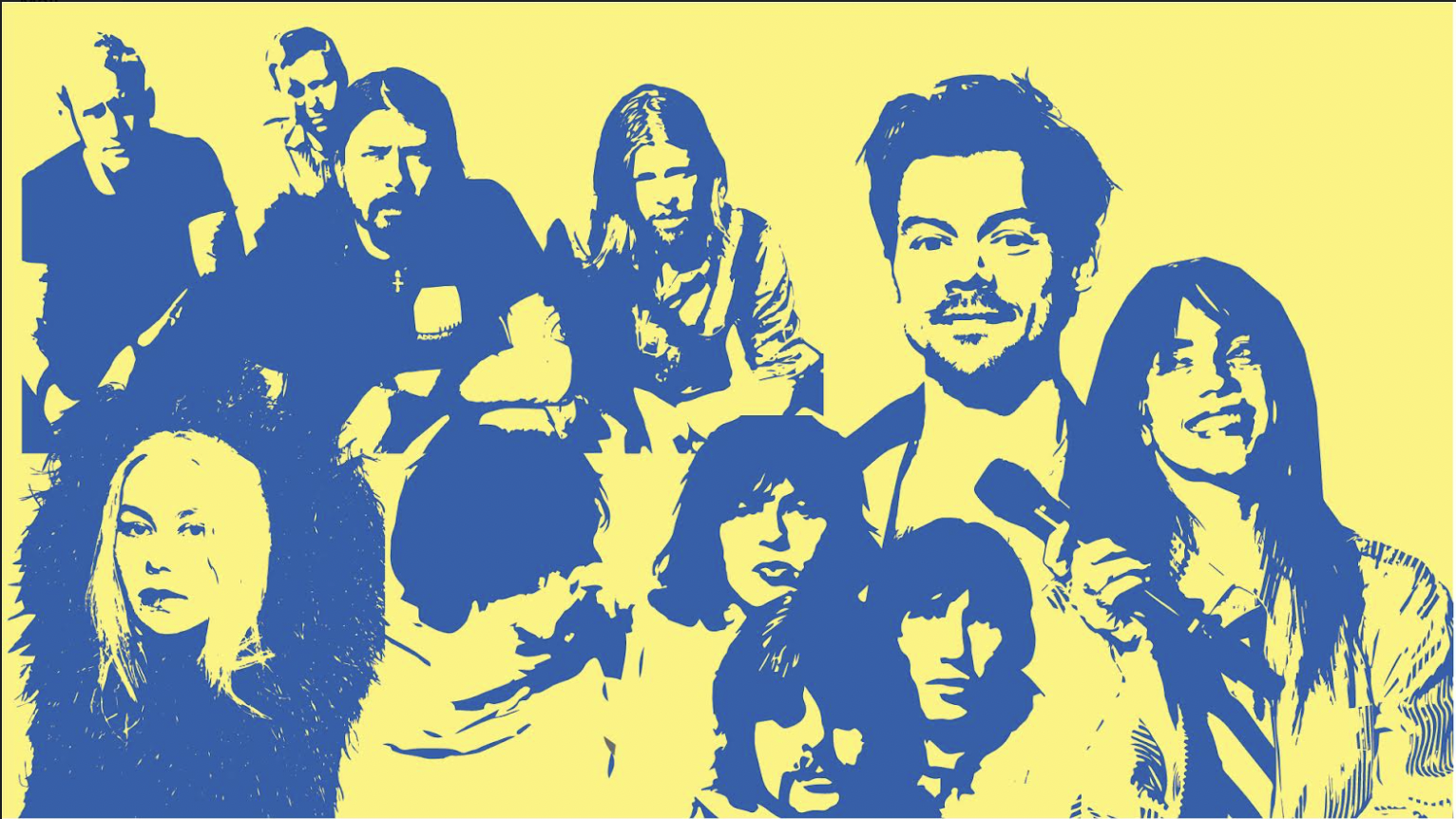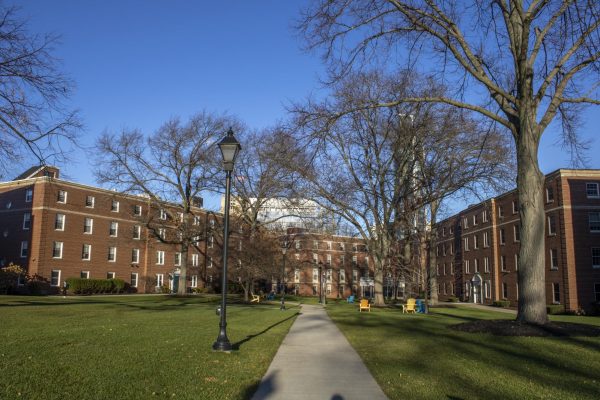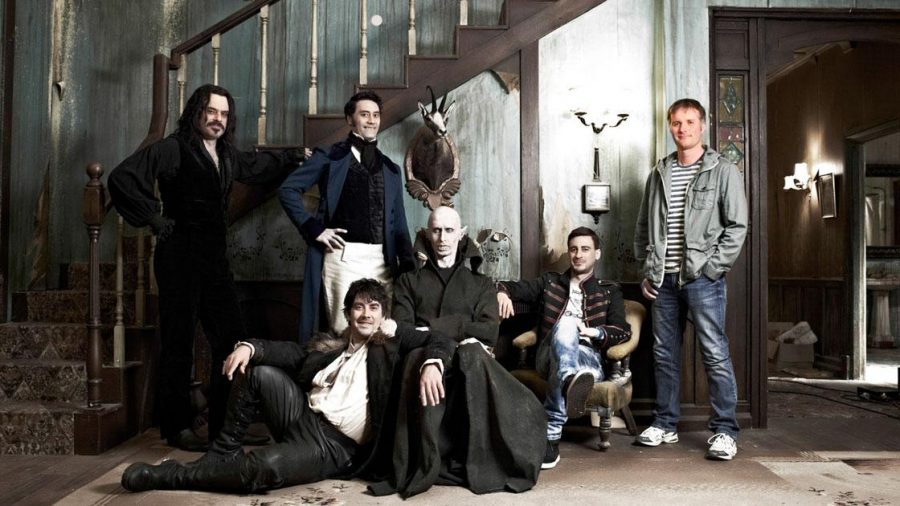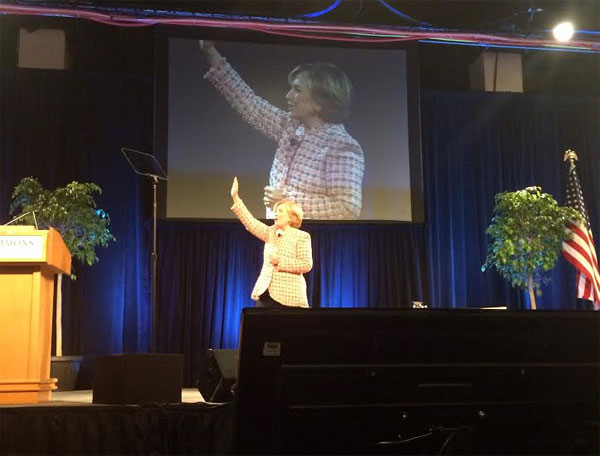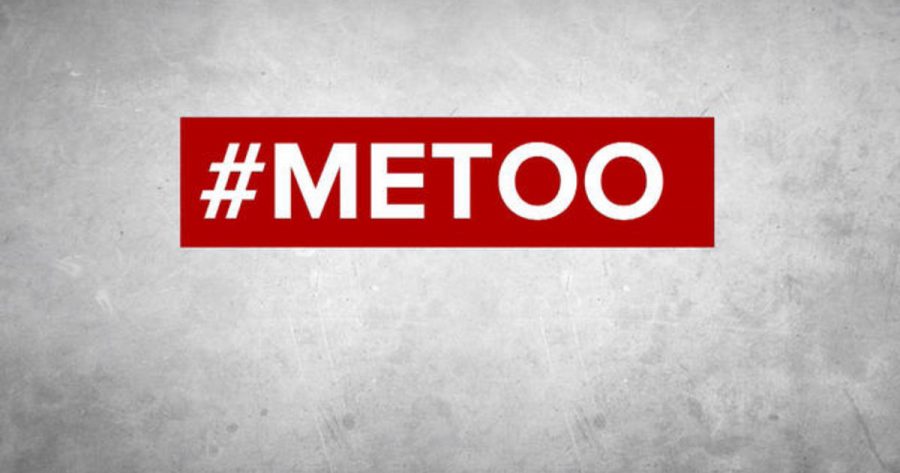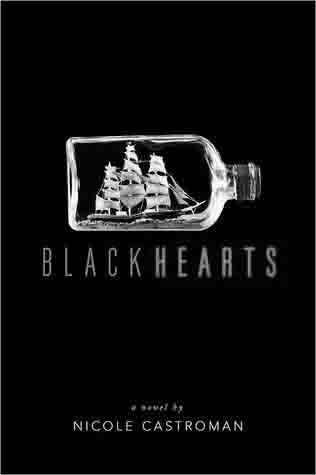By Margaret Teague
Contributing Writer
Getting your mind back into the school state always proves to be a challenge. Now that the school year is coming back into the swing of things and exams are finally starting, the real studying is beginning. In order to exercise your brain, a popular website offers intellectual videos that focuses on a range of discussions and topics.
After Facebook and gmail, Ted.com is a grouping of letters, just six, that many college students’ fingers have memorized, six letters that are typed in daily.
TED is a non-profit organization dedicated simply to the spread of ideas. TED began holding conferences in 1984, featuring speakers specialized in technology, entertainment, and design. In 2013, speakers enlighten audiences on an endless number of topics.
Video-recorded talks are divided into eight categories: persuasive, courageous, ingenious, fascinating, inspiring, beautiful, funny, and informative. Videos featured in these boldy named categories will not let you down, but instead will live up to the high standards that the titled-categories force the listener to have.
To prove the vast range of knowledge that can be grasped from this lone site, randomly select three videos to watch. Three videos that can be chosen include “The Power of Seduction in Our Everyday Lives” by Chen Lizra; “One Day of Peace” by Jeremy Gilley, and “The Rise of the New Global Super-Rich” by Chrystia Freeland.
Whether these videos leave you feeling baffled, enriched, or furious, they are topics that are sure to be discussed, leading to ideas (successfully) being spread.
To commence her speech on seduction, Chen Lizra enters stage left by sensually dancing to Cuban music. “Seduction is about your untapped power that you’re not using, that you want to unleash. Would we tell Superman not to stop a bullet? Or a doctor not to save a life? But of course not,” said Lizra.
Lizra has spent much time in Cuba, a communist nation. Because of its inherent communism, there is no advertising in the public and therefore nothing that distorts the image of beauty and the body.
“Seduction is not a science but an art. It leads to self-confidence, and self-confidence leads to success in all areas of life. Master seduction and you can have anything that you want in life. After all, I got a Ted Talk, didn’t I?” concluded Lizra.
A more academic topic in nature, Chrystia Freeland’s “The Rise of the New Global Super-Rich” was extremely informative and taught me much about our global economy in 15 minutes.
“Here’s the most important economic fact of our time: we are living in an age of income inequality, particularly between those at the very top and everyone else. This shift is most striking in the U.S. and in the UK, but it is a global phenomenon.”
Freeland’s talk suggested that we are living in a global plutocracy, government ruled by the richest. Political changes are occurring, but often times the sole beneficiaries are VIPs and CEOs. Her biggest concern was her conclusion that “the same forces that are driving the rise of the global plutocracy, also happen to be hollowing out the middle class in western, industrialized economies.”
Taking listeners from the prosperity of the industrial revolution to Facebook which has created less than 10,000 jobs, to the realization that while globalization is taking hundreds of millions of people out of poverty in emerging markets, it is also outsourcing in massive numbers, Freeland informs the listener concisely.
To conclude, the listener hears that increased economic growth does not result in widely shared prosperity, as she drops the heavy word which nobody wants to hear, “dystopia.”
Jeremy Gilley spoke about his created, now world-recognized, cease-fire, non-violence day, “One Day of Peace,” Sept. 21.
“Is human kind fundamentally evil? Is the destruction of the world inevitable? Should I have children, is that a responsible thing to do?” are questions Gilley pondered.
Since 1999 Gilley has traveled to 76 countries, capturing 900 hours of women and children interviewed on film as they shared their daily struggles for survival. He worked with different governments, NATO, UNICEF, and met with Nelson Mandela, all to get a globally recognized one day of peace.
Gilley received a letter from the Taliban saying “we’ll observe this day, we see it as a window of opportunity, and we won’t engage,” meaning humanitarian workers wouldn’t be kidnapped, or killed. Days later 1.6 million children were vaccinated against polio as a consequence of everybody stopping.
“It made me think about a glass of water which is clear: if you put one drop, one drop of something, in that water, it will change it forever. By working together we can create peace one day.”
These three talks from TED can evoke various feelings but more importantly really makes you think. To get yourself back into the school mode, check out the TED website. What will you watch, and will you spread these ideas?



